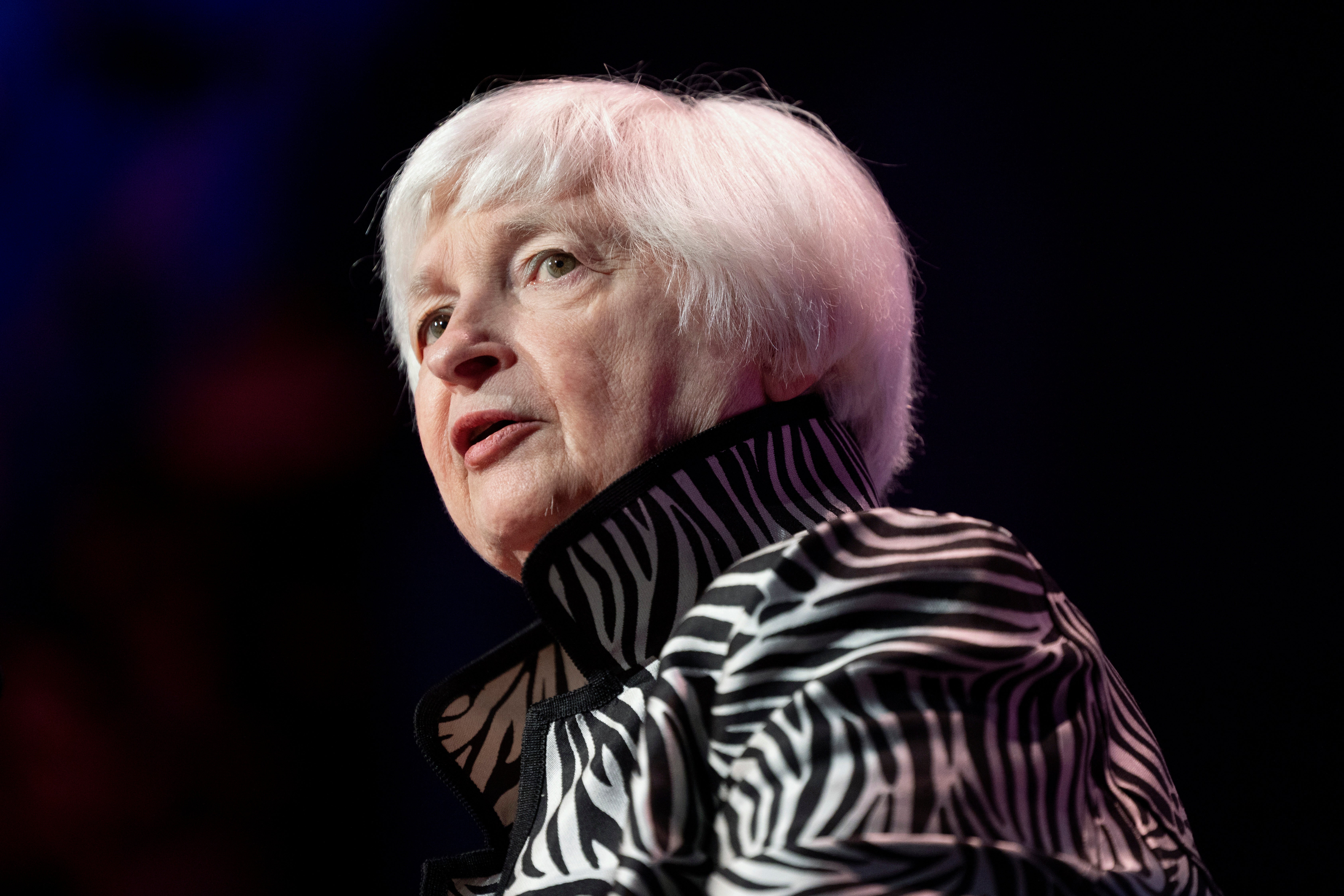Yellen says the US economic relationship with China must consider human rights and national security
Treasury Secretary Janet Yellen says Washington wants to build an economic relationship with Beijing that takes into account national security and human rights and is fair to both sides

Washington wants to build an economic relationship with Beijing that takes into account national security and human rights and is fair to both sides, Treasury Secretary Janet Yellen said on Thursday.
In laying out the Biden administration's economic approach toward the Indo-Pacific region, the country's top financial official said Washington does not seek to decouple from China, the region's largest economy and the world's second largest next to the United States. But it wants to diversify by investing at home and boosting links with trusted countries in the region.
“We’ve put forward a vision of the world grounded in values we share with these allies and partners and in which there is also a healthy and stable economic relationship between the United States and China," Yellen said in a speech hosted by the Asia Society less than two weeks before leaders of the Asia-Pacific Economic Cooperation countries will gather in San Francisco for an annual meeting.
President Joe Biden and Chinese leader Xi Jinping plan to hold talks on the sidelines of the meeting to stabilize U.S.-China relations, which have unraveled over a range of issues, including trade, technology, security and human rights issues. In the South China Sea, tensions have escalated between Beijing and Manila over a contested shoal. In the Taiwan Strait, China regularly flies warplanes near the self-governed island of Taiwan, which Beijing claims to be Chinese territory.
As Washington shifts its China policy through a string of economic measures that include tariffs and restrictions on technology exports and outbound investments, the Chinese government responds by accusing the United States of stifling its growth and curbing its rise. In her speech, Yellen said Washington will not cut its economic ties with Beijing but pursue a “serious and clear-eyed" approach.
“When we take national security actions using economic tools, we do so in narrowly targeted ways, such as with President Biden’s executive order on outbound investments, aimed at accomplishing our national security goals, not choking off growth in China,” she said.
“As I’ve said, the United States does not seek to decouple from China. A full separation of our economies, or an approach in which countries including those in the Indo-Pacific are forced to take sides, would have significant negative global repercussions,” Yellen said. “We have no interest in such a divided world and its disastrous effects.”
To achieve Washington's goals, the U.S. will continue to engage China to “prevent misunderstanding and clarify our areas of agreement and disagreement," said Yellen, who in July traveled to Beijing to meet her Chinese counterparts.
The U.S. also is rebuilding and strengthening partnerships in the region with allies such as Japan, South Korea, Vietnam and India, Yellen said.
Yellen made it clear that the U.S. will deepen its engagement in the region, at a time China seeks to unseat the U.S. as the regional leader.
“The United States has long been a Pacific nation, and it is abundantly clear we remain one today,” she said.
“Claims that America is turning away from the Indo-Pacific are wholly unfounded,” Yellen said. “We are deepening our economic ties across the region, with tremendous potential benefits for the U.S. economy and for the Indo-Pacific.”
Subscribe to Independent Premium to bookmark this article
Want to bookmark your favourite articles and stories to read or reference later? Start your Independent Premium subscription today.
